St. Patrick’s Day is coming. Here’s your playlist from the Emerald Isle and far beyond.
- Oops!Something went wrong.Please try again later.
- Oops!Something went wrong.Please try again later.
- Oops!Something went wrong.Please try again later.
It’s taken about five years, but St. Patrick’s Day has landed on the weekend again. Since that means the jubilance of American celebrations will be greater and, no doubt, even more unrepentant than usual, it seemed only fitting to offer a playlist to go with the day.
But if you’re thinking that means nothing but a roster of jigs, reels and drinking songs, then welcome to the present day – or, at least, the last 50 years. Sure, samples of the beauty that surround traditional Irish music are offered here, but so are instances of how far stylistically, socially and, in one notable case, geographically Irish muses travel.
Here are 10 picks of outstanding albums by Irish artists and a distinguished also-ran fit for any temperament and taste this St. Patrick’s weekend.
Van Morrison: “Veedon Fleece” (1974)
For my money, “Veedon Fleece” is Van Morrison’s finest studio work – a mix of pastoral and mystical reflections influenced heavily by his first journey back to Ireland since relocating to the United States in 1967. Critics, by and large, hated the record, blasting it as self-indulgent while commercial sales were weak. Today, though, “Veedon Fleece” is rightly regarded at a restless Celtic-American spiritual reflection that still begs the same question: What is a Veedon Fleece anyway?”
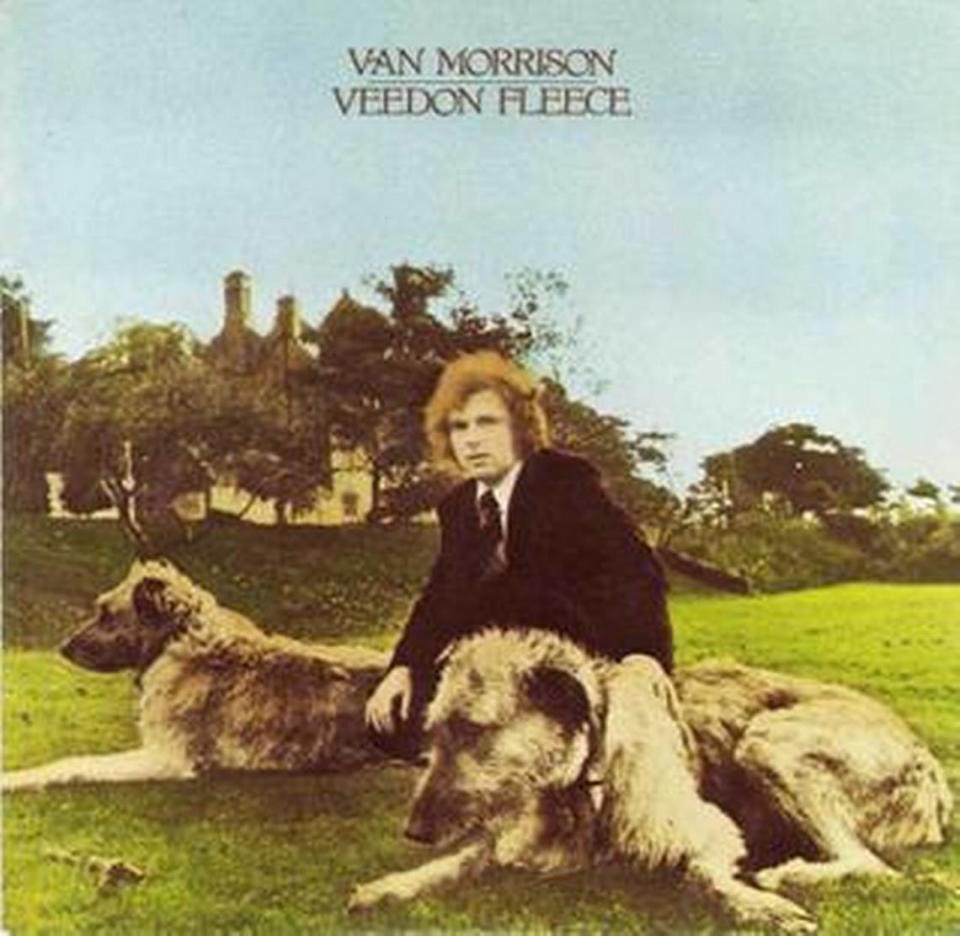
Christy Moore: “Live at the Point” (1994)
Perhaps not a household name to American ears, Christy Moore established himself as one of Ireland’s most prolific and influential folk stylists, whether it was through his own work or with the forward-thinking bands Planxty and Moving Hearts. “Live at the Point” is a totally involving document of Moore going it alone at a famed Dublin theatre. The album’s impact was summed up by this striking on-line comment from Dublin: “If you don’t know it word for word, ad libs and all, are you even Irish?”
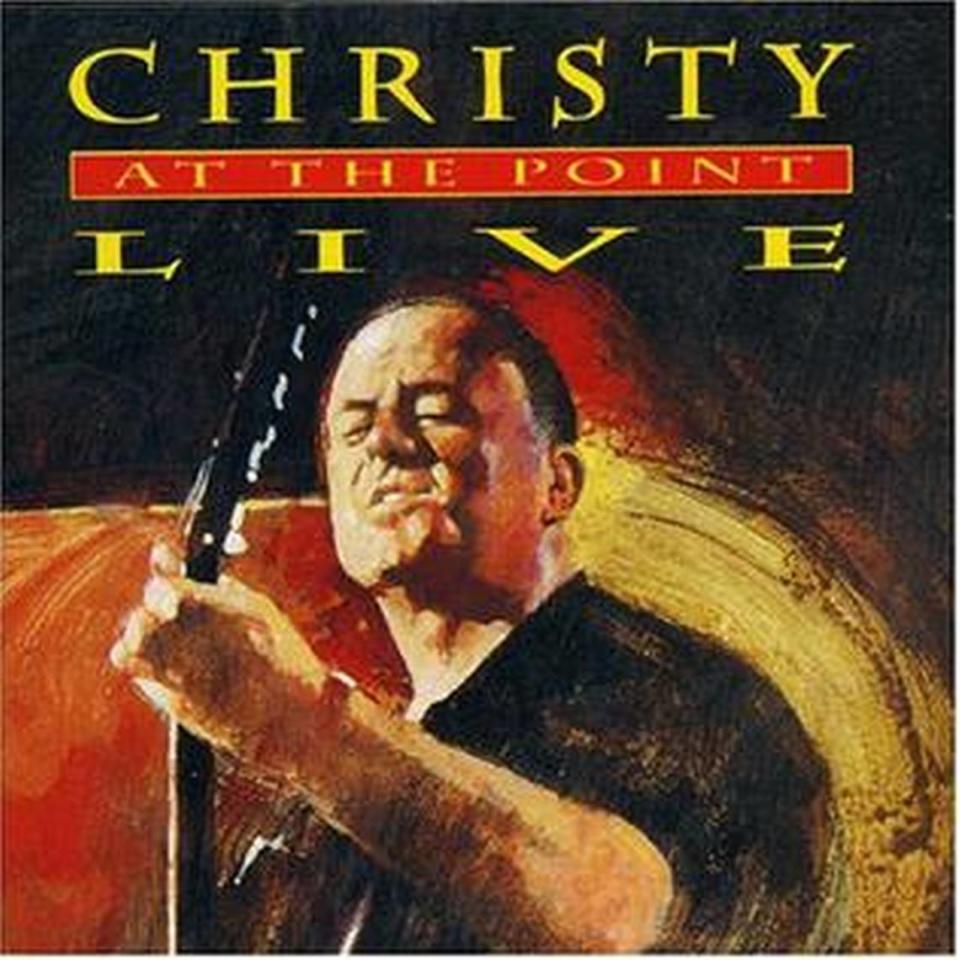
Sinead O’Connor: “I Do Not Want What I Haven’t Got” (1990)
Dublin-born Sinead O’Connor was barely 23 when sessions for her second album, the career defining “I Do Not Want What I Haven’t Got,” got underway. Forget the pipes and whistles, this was music for an unsettled pop world existing within and outside of Ireland. O’Connor’s heart-smashing cover of Prince’s “Nothing Compares 2 U” is the rightful hit with the rest of the album shifting from anthemic/defiant outbursts (“The Last Day of Our Acquaintance”) to stark, harrowing confessionals (the title tune.)
Rory Gallagher: “Rory Gallagher” (1971)
Who knew one of the 1970’s finest blues-rock guitarists would hail from County Donegal? A four-year run with the Irish trio Taste served as an introduction, but Rory Gallagher’s self-titled debut solo album from 1970 announced his full arrival with 10 original tunes where power-trio blues transformed into rock ‘n’ roll full of bountiful spirit and imagination. Gallagher would continue to make great music until his death in 1995 at age 47. Nothing, though, would match the poignancy and power of this record.
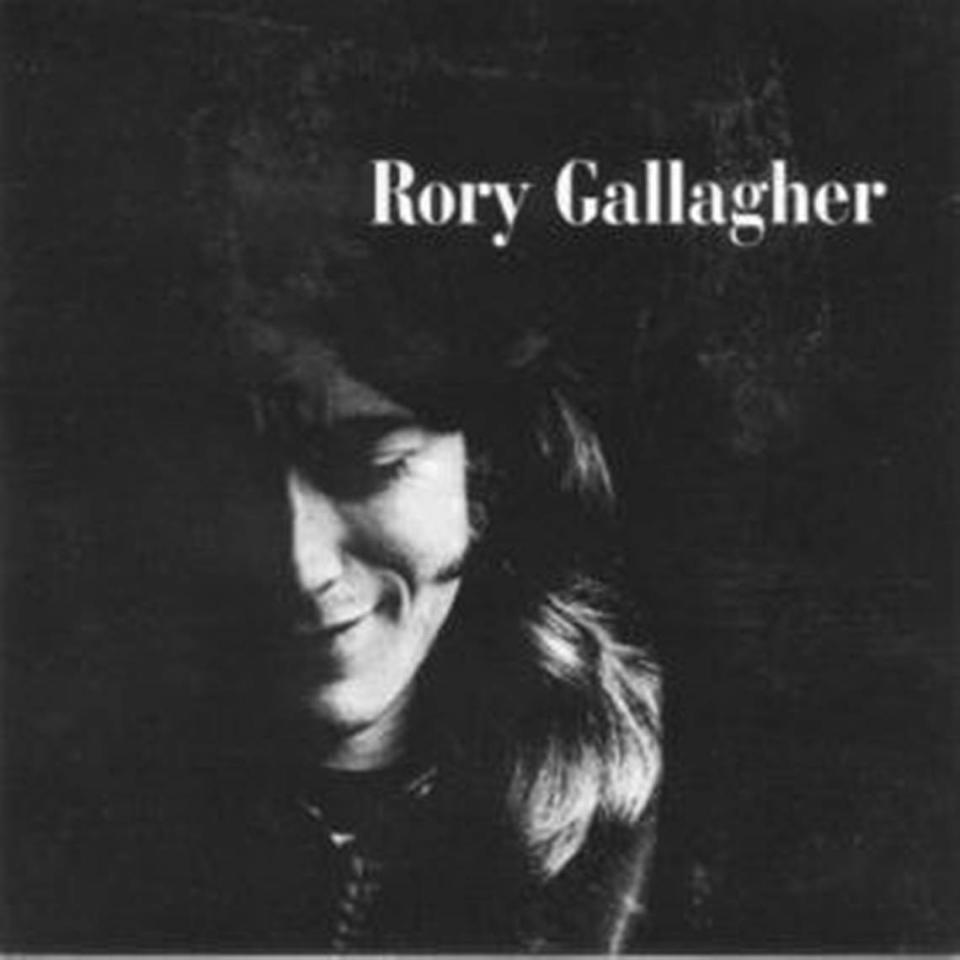
The Pogues: “If I Should Fall from Grace with God” (1988)
The Pogues took the poetic grace of traditional Irish music and tossed it off a cliff while adhering to its instrumentation. Inserting a pub-brawling punk attitude into a mix of accordion, banjo and tin whistle with a boozed out, scorched-earth singer named Shane MacGowan in front of the fray, the band was a new generational Irish band full of very old Irish angst. All seven of the band’s studio albums are gems (even the two cut after MacGowan left), but this sublime third effort stands as a smashed-glass classic.
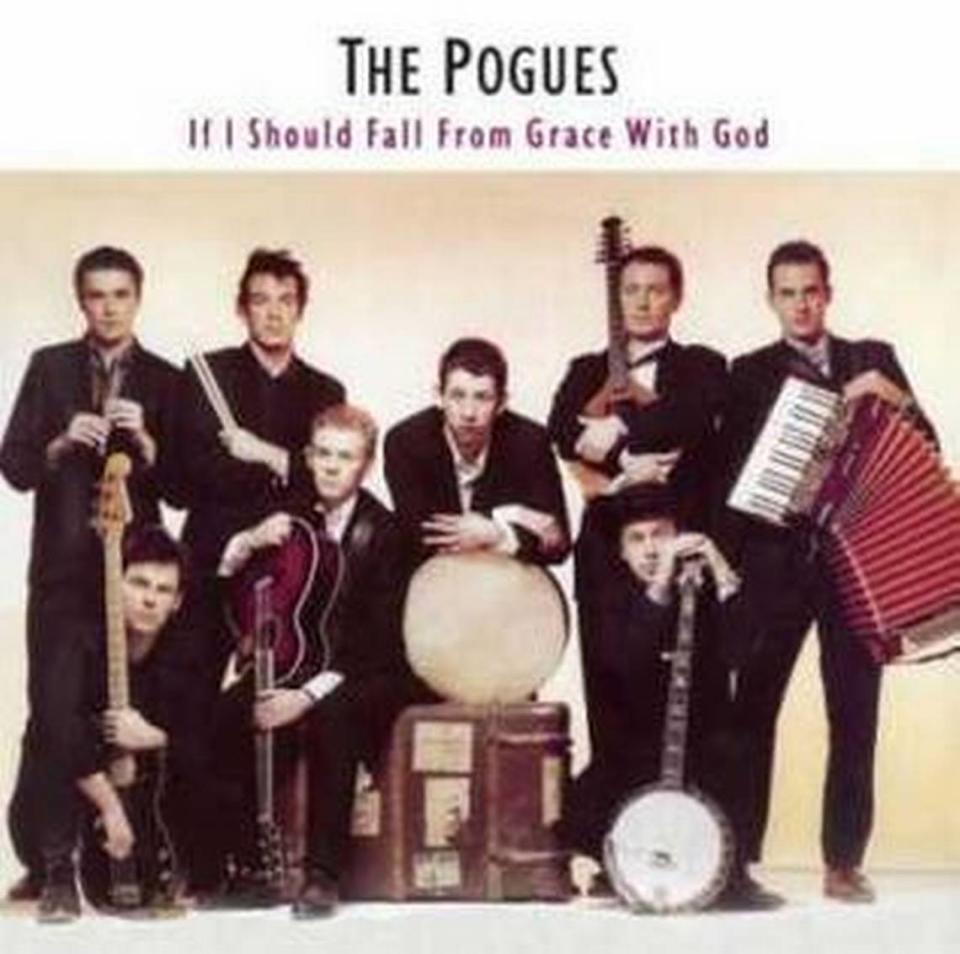
The Chieftains: “Bonaparte’s Retreat” (1976)
Traditional Irish music has certainly known no more popular purveyor than The Chieftains and no more tireless an ambassador for its promotion and stylistic reach than its late leader Paddy Moloney. With a 60-year history, The Chieftains’ finest albums came between 1973 and 1979, when harpist Derek Bell, vocalist/bodhran player Kevin Conneff and flautist Matt Molloy gradually joined the ranks. Of those records, “Bonaparte’s Retreat” remains a steadfast work of history-informed Irish sound and spirit.
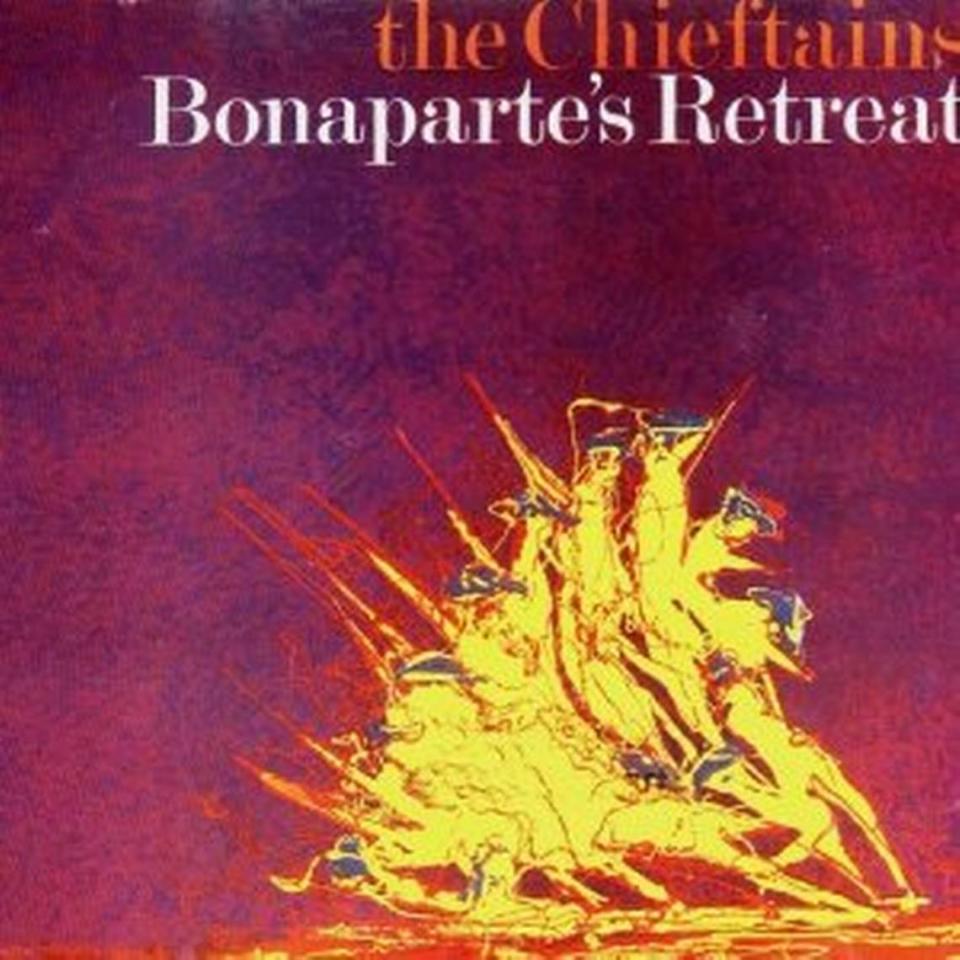
Thin Lizzy: “Jailbreak” (1976)
A scrappy meat-and-Irish potatoes band from Dublin, Thin Lizzy became an international sensation with the release of its sixth album “Jailbreak” and the massive radio hit it contained, “The Boys are in Back Town.” At the heart of the band was British-born, Dublin-bred singer/bassist Phil Lynott. As primary songwriter, he penned Springsteen-worthy stories of youthful joy and unrest to fit the streetwise swagger of his vocals. Lynott died in 1986 at age 36 following years of drug and alcohol abuse.
Altan: “The Red Crow” (1990)
Another ambassador from County Donegal, but one with a greater folk-leaning sense of purpose. Altan’s music centers around the rapturous voice of co-founding fiddler Mairéad Ní Mhaonaigh. Formed in 1987, the band largely avoided the overly poppish lure that snagged such Irish contemporaries as Clannad and Ní Mhaonaigh’s one-time performance mate, Enya. “The Red Crow” is the band’s second album of Irish folk fancy, but really all of its records are fitting listens for the St. Patrick’s season.
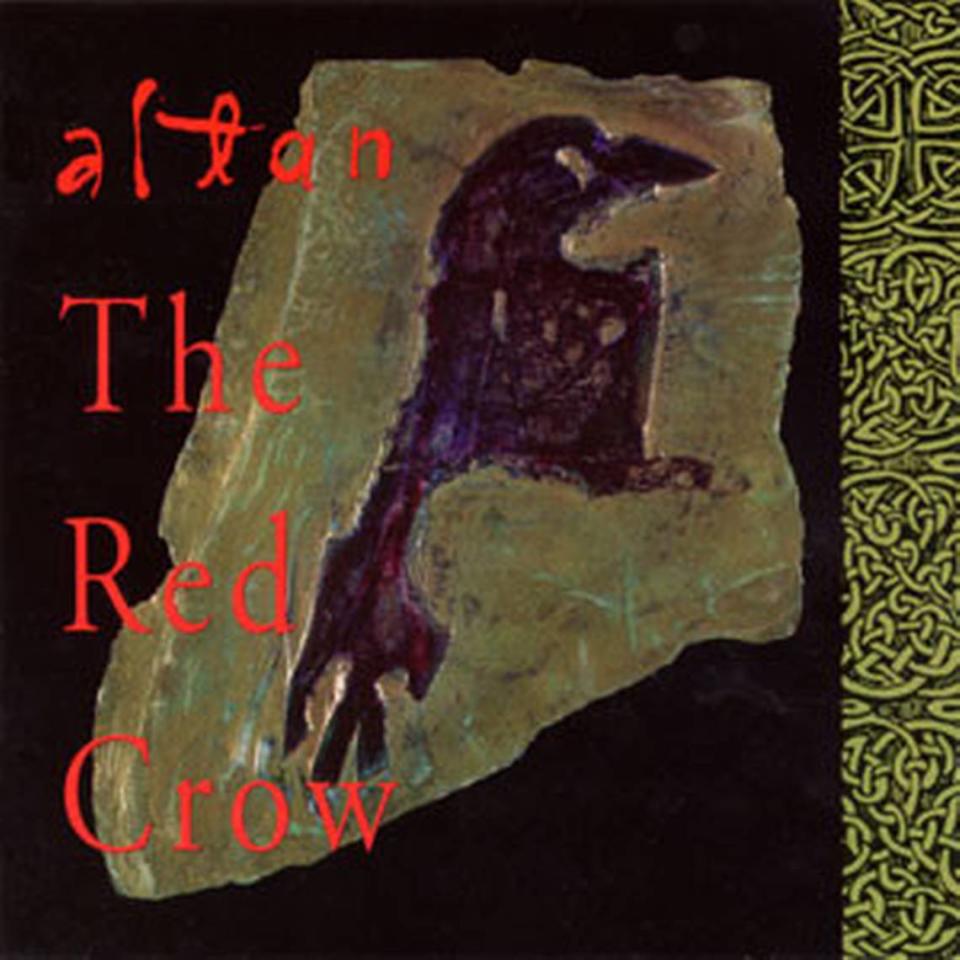
The Boomtown Rats: “The Fine Art of Surfacing” (1979)
Dublin’s Boomtown Rats are perhaps best known for introducing to the world Bob Geldof, its singer and frontman, who masterminded the mammoth Band Aid, Live Aid and Live 8 benefit recordings and concerts. As a band, Boomtown Rats were prevalent when the punk rebellion settled into New Wave purgatory. Its third album, “The Fine of Surfacing,” boasts the hit “I Don’t Like Mondays,” Geldof’s dark account of a remorseless school playground shooting in San Diego. And this was in 1979.
U2: “The Unforgettable Fire” (1984)
Well, U2 had to get a mention. But what song? What album? For me, the record that shifted a mix of Irish zeal and post-punk smarts was its fourth album, “The Unforgettable Fire.” Enter the contributions of two landmark producers, Brian Eno and Daniel Lanois, and an even greater sense of social consciousness. Evoking the spirits of Martin Luther King and Elvis Presley with music full of unearthly ambiance, “The Unforgettable Fire” is an aural seance that sent U2 to the stars. It still burns brilliantly.
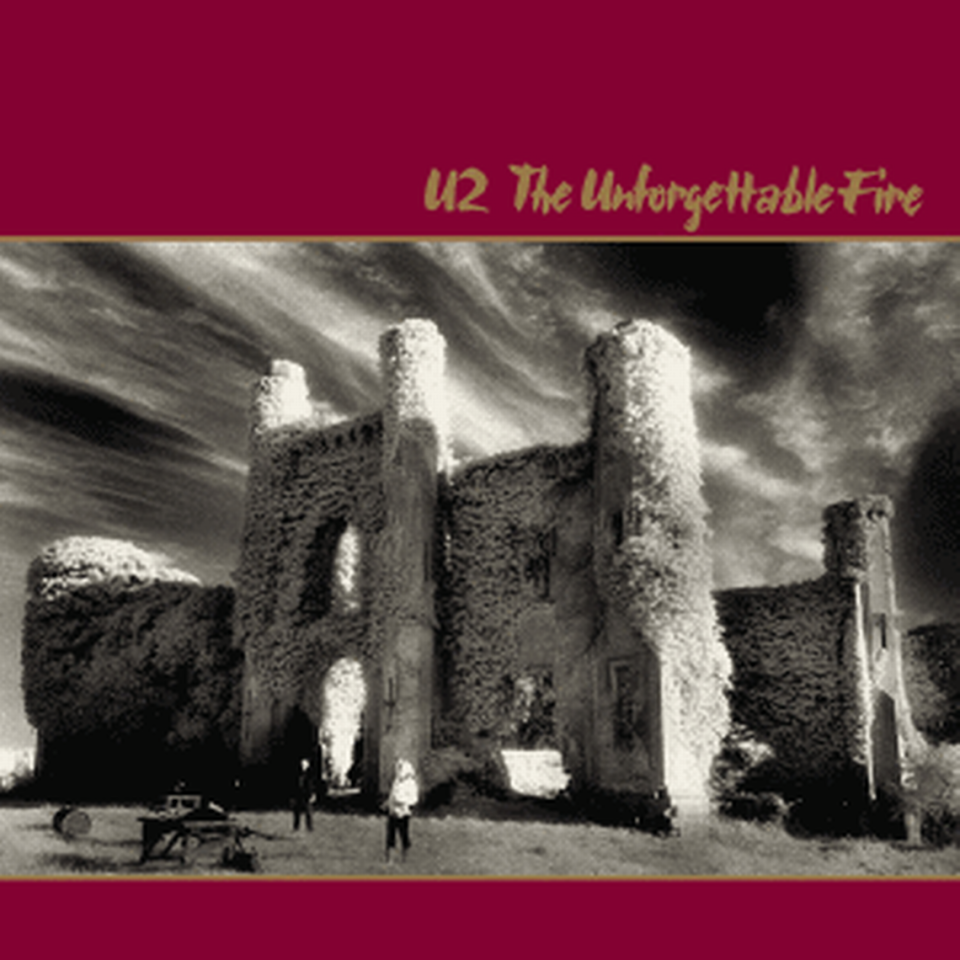
Honorable mention - Irish Stew of Sindidun: “Dare to Dream” (2008)
In reviewing music for this column, I stumbled upon Irish Stew of Sindidun and was struck by its Pogues-like mix of Irish folk instrumentation and youthful gusto. Equally arresting was the fact that a song like “I Will Never Be Your Friend” (from the band’s second album, “Dare to Dream”) possessed a title and lyrics rich with romantic despondency. Then came another jolting discovery – Irish Stew of Sindidun isn’t from Ireland at all, but Serbia. Guess that proves the drive, spark and soul of Irish music thrives everywhere.

